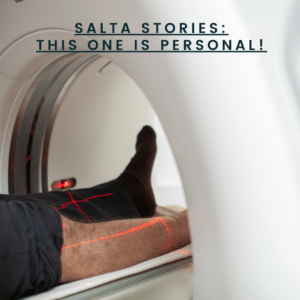
Healthcare is changing—and for good reason. In a recent WXYZ Detroit interview, Read More

Millennials are driving revolutionary change in the healthcare industry because everything they Read More

We are happy to announce that we've partnered with Preventice Solutions and will now Read More